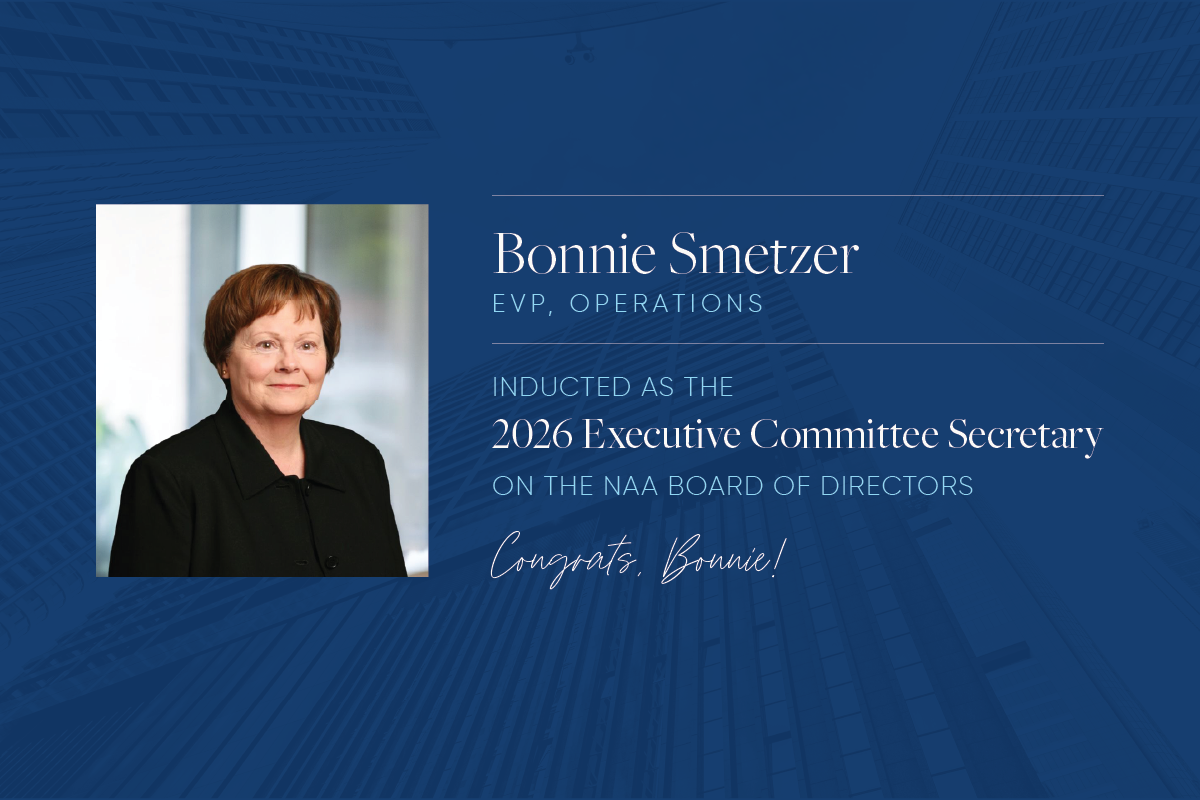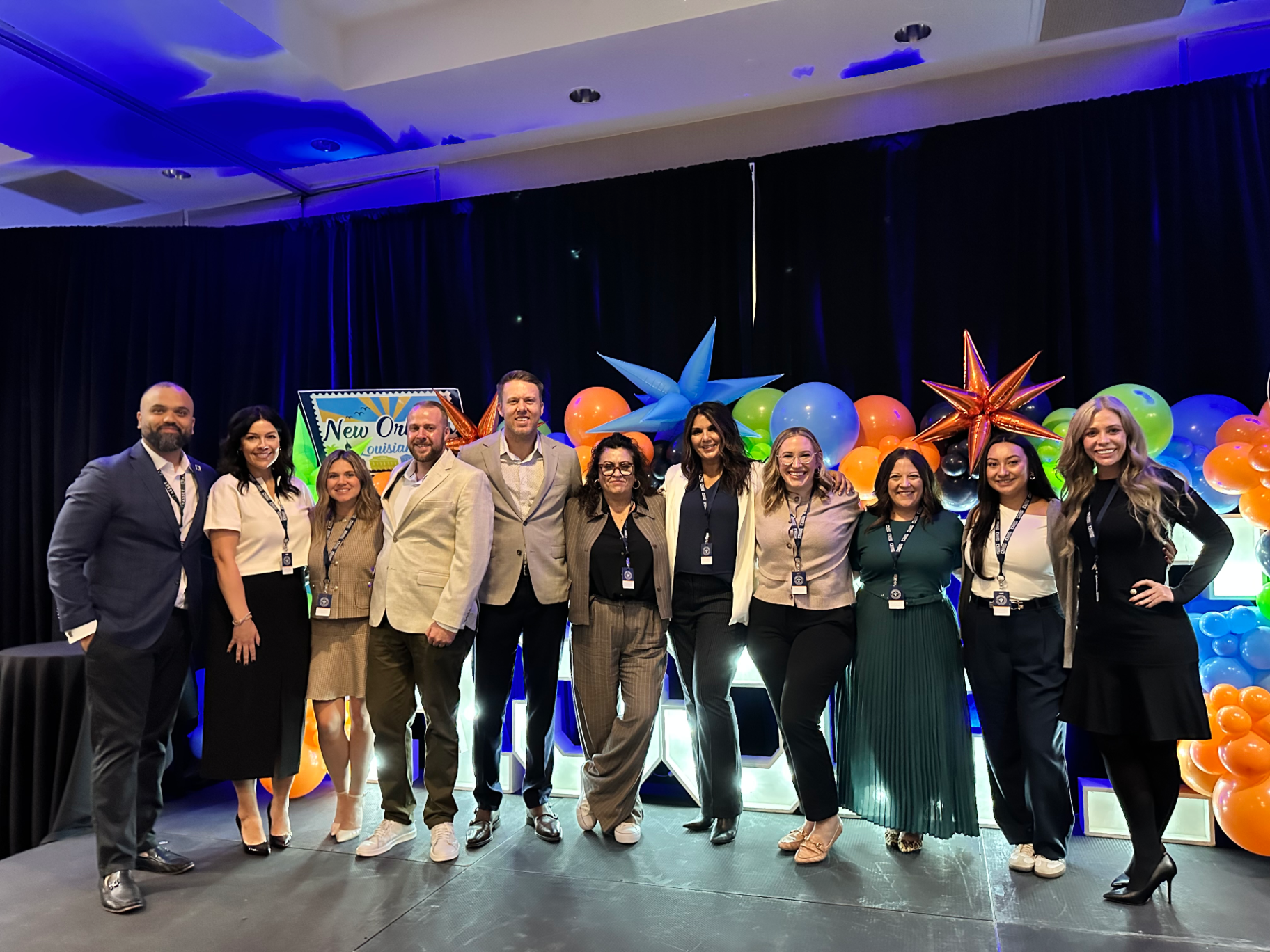The global health crisis came with numerous consequences, but it also represents a unique learning opportunity.
It goes without saying that the health crisis experienced worldwide was unprecedented in more ways than one. Challenging the notion that we’re in complete control of our lives, the coronavirus outbreak came with immeasurable consequences—leaving a weighted mark on society at large. Affecting the world economically, geopolitically, and socially, the once-in-a-generation phenomenon tested our resilience. At certain points, it seemed as if a “post-pandemic” world was far-fetched, or even unimaginable.
However, after 400+ days of social distancing and quarantine, we’re beginning to acclimate to a world that’s seemingly more “normal.” But what did we learn along the way? Like most of you, I’ve been reflecting a lot on the past year-and-a-half. How have we grown as a society? What have I learned as an entrepreneur? How will these implications inform the future we live in?
Technology's prevalence will only increase
Since the digital revolution (circa 1980), the proliferation of technology in everyday life has continued. The pandemic, however, unequivocally reinforced technology’s role in daily life—whether it be personally or professionally. For most people, virtual communication was the only way to keep in touch with friends and family outside of the household. Relying on cell phones, laptops, and tablets instead of dinner parties, vacations, and picnics, all things digital became the sole gateway to remaining connected.
This accelerated shift to the virtual fundamentally evolved how we work, where we work, and the ways in which we communicate with one another. Of course, the concept of working remotely existed prior to the pandemic, but its widespread adoption was only bolstered by the implications of COVID-19. Now, with or without the pandemic, it’s safe to say that work can theoretically exist anywhere. Work/life integration and hybrid work models are a fortuitous byproduct coming out of last year. At my company, Asset Living, we embrace work/life integration (as opposed to work/life balance) by looking for ways to create more synergies between “work” and “life” rather than viewing the two as distinct, binary parts.
We’re more adaptable—and connected—than we thought
If there’s one takeaway the COVID-19 pandemic reinforced universally, it’s that as humans we are more adaptable than we believe. We have the capacity to overcome unimaginable obstacles. In other words, the pandemic put our individual and collective resilience to the test. Or, as I like to call it: our grit.
Beyond that, as a global community, we are inherently connected to one another. The pandemic only reinforced the fact that we’re indeed more alike than we are different. We recognize that no country, no individual, and no business is impervious to the perils of a worldwide crisis.
We all had to grapple with a new version of normal. With daily routines changed, we adjusted the way in which we attended class, plugged in for work, and even what we did in our free time. As an entrepreneur and leader, it crystallized the importance of compassion in business and the common humanity we all inextricably share.
Less is more
We live in a world in which being busy is seemingly ideal. In a lot of ways, “more” is seen as better. In other words, we can never get enough. As an entrepreneur, society and business pull us in a myriad of different directions, pursuing more—no matter the cost. But is this necessarily a good thing? Ultimately, being busy is a decision. The pandemic allowed us to push pause and genuinely reflect on this; and for many, electing quality over quantity is the answer.
Being successful in business and in life creates opportunities. The reality is that a lot of those opportunities are merely enticing distractions. Remember the adage that good is the enemy of great? I’ve said yes to plenty of good opportunities only to later find myself too tied up to say yes when a great one finally presents itself. That’s why, less is often times more.
Nothing is guaranteed
Whether it's a business deal, an important event, or simply a family vacation—none of it is guaranteed to happen. This last year reminded us that anything can turn on a dime. Therefore, time is precious. How we choose to spend our day is perhaps the single most important decision we consistently make—whether we realize it or not. I once asked a close friend of mine a tough question and his response perfectly underscores this lesson. Question: How many dollars is a day worth? Answer: To someone who is healthy, a day is relatively cheap. To someone whose days are numbered, a day is priceless. It is the age-old rule that scarcity drives worth—in diamonds, in real estate, and in days. If we all really understood how few days we had left, I imagine we'd all thoughtfully change our daily schedules.




